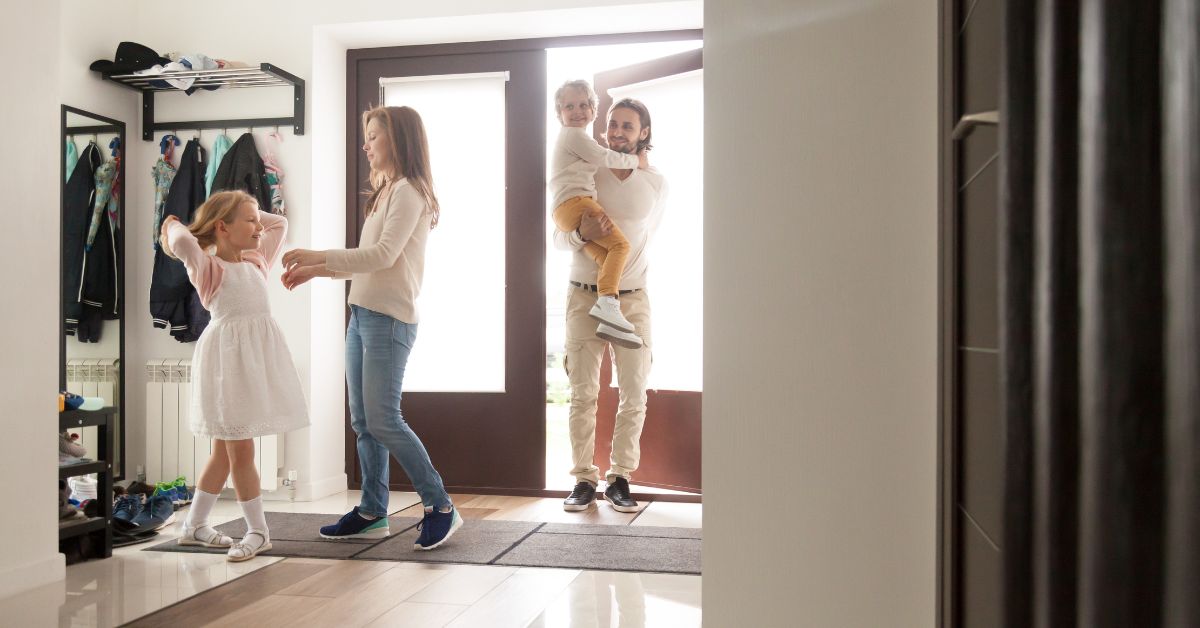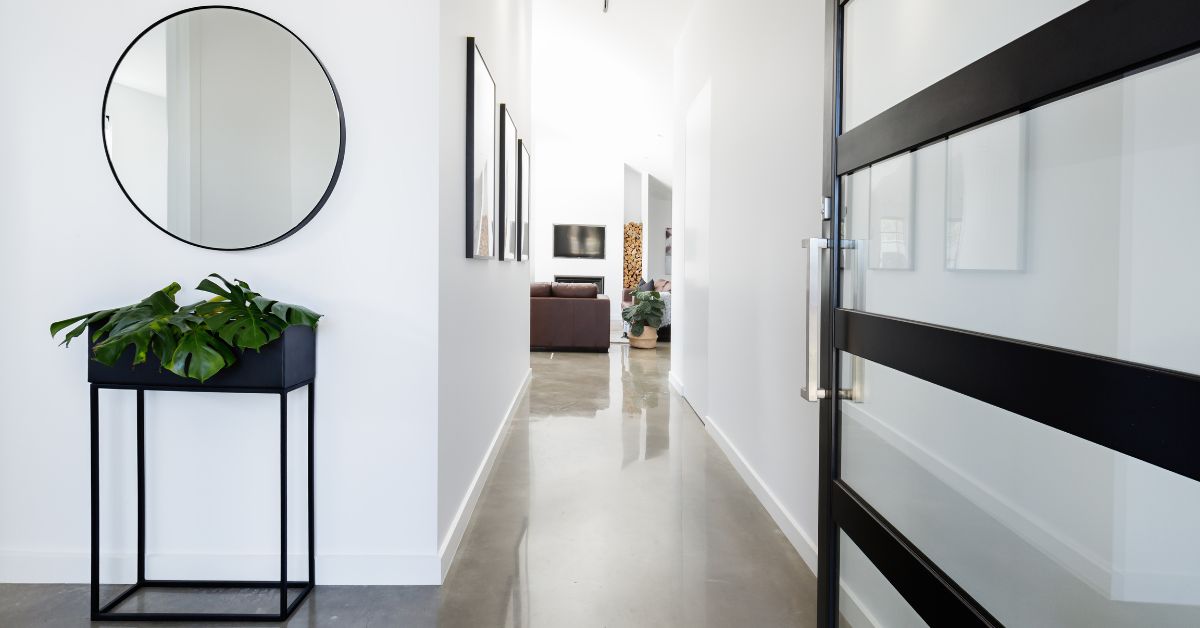Preparing for the End of Financial Year: Essential Tips for Property Investors

As the end of the financial year approaches, property investors in Queensland need to be vigilant about their tax reporting. The Australian Taxation Office (ATO) has announced that it will scrutinize the reported income and deductions of property investors more closely this year. With official data revealing that around 90% of investors get their tax returns wrong, it's crucial to ensure your financial records are accurate and compliant.
Understanding Deductible Expenses
ATO Assistant Commissioner Rob Thomson has highlighted common errors that property investors make, particularly concerning deductions for repairs and maintenance. It's important to distinguish between general repairs and maintenance, which are immediately deductible, and capital expenses, which are not.
Immediate Deductions:
General repairs and maintenance on your rental property can be claimed as immediate deductions. These are expenses incurred to fix wear and tear or damage that occurs due to renting out the property. Examples include:
- Replacing damaged carpet
- Fixing a broken window
- Repairing a leaking tap
Capital Expenses:
Expenses that are capital in nature cannot be claimed as immediate deductions. These include costs for improvements or initial repairs done shortly after purchasing the property. Instead, these expenses must be depreciated over time as capital works. Examples include:
- Installing a new kitchen
- Adding a deck
- Renovating a bathroom
Thomson explains, “We often see landlords making mistakes when it comes to repairs and maintenance deductions on rental properties, so we’re keeping a close eye on this. This year, we’re particularly focused on claims that may have been inflated to offset increases in rental income to get a greater tax benefit.”
Avoiding Common Pitfalls
To avoid common pitfalls and ensure compliance, follow these guidelines:
1. Accurate Record-Keeping:
Maintain detailed records of all expenses related to your investment property. Keep receipts, invoices, and any other documentation that supports your claims.
2. Differentiate Repairs from Improvements:
Clearly distinguish between repairs (immediate deductions) and improvements (capital works). For instance, replacing a few broken tiles is a repair, but renovating the entire bathroom is a capital improvement.
3. Consult a Professional:
If you're unsure about any deductions or how to categorize an expense, consult a tax professional. They can provide guidance tailored to your specific situation and help you navigate complex tax rules.
4. Review ATO Guidelines:
Regularly review the ATO’s guidelines on rental property deductions. Staying informed about the latest updates and regulations will help you avoid mistakes.
Conclusion
As the end of the financial year looms, Queensland property investors must take proactive steps to ensure their tax returns are accurate. By understanding the difference between immediate deductions and capital expenses, maintaining thorough records, and seeking professional advice, you can avoid common errors and maximize your tax benefits. Remember, the ATO is paying close attention, so diligence and accuracy are key.
Prepare now to make the most of your investment property deductions and stay compliant with tax regulations.
Share


